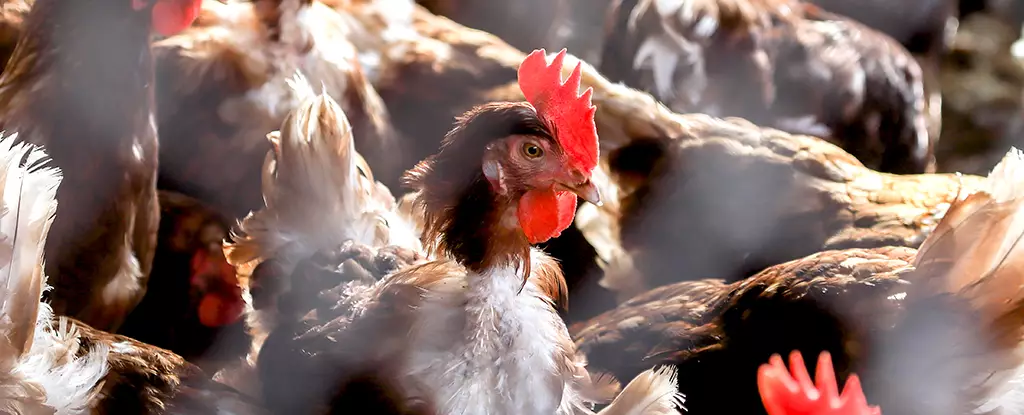With the recent outbreak of bird flu in the United States, concerns have been raised about the potential for the virus to adapt and spread from human to human. Health experts are closely monitoring the situation and working on developing effective vaccines to protect against a possible pandemic.
There are already several hundred thousand bird flu vaccine shots stockpiled from past trials. However, questions remain about the efficacy of these vaccines against the latest strains of the virus, as well as the speed at which production efforts can be scaled up if needed.
Virologists Flavio Faccin and Daniel Perez from the University of Georgia have conducted a study on current efforts to prepare for a potential human pandemic involving bird flu variants. They have identified several promising options for vaccine development that could provide effective protection against the virus.
One approach to vaccine development involves inactivated vaccines, which use dead versions of the virus to stimulate an immune response. Studies, including those conducted on mice with the H5N1 virus, have shown high levels of protection with inactivated vaccines.
Another type of vaccine under consideration is live attenuated influenza vaccines (LAIVs), which use a weakened form of the virus to prepare the body for more severe forms. These vaccines have been shown to elicit a comprehensive immune response, with promising results seen in studies on monkeys infected with H5N1.
Researchers are also exploring newer vaccine technologies, such as virus-like particle (VLP) vaccines and messenger RNA (mRNA) vaccines. VLP vaccines mimic real viruses in a safe manner, while mRNA vaccines direct cells to produce proteins that match the targeted virus. Early results with these technologies are encouraging, with limited trials already conducted on human participants.
While progress in vaccine development is promising, the deployment of these vaccines on a large scale will require collaboration across different countries and agencies. The World Health Organization is actively working to ensure that if a pandemic occurs, the necessary vaccines can be distributed effectively.
Advancements in bird flu vaccine development are crucial for protecting against the potential threat of a human pandemic. While challenges remain, the research and trials conducted so far provide hope that we will be better prepared to respond to any future outbreaks of bird flu. Cooperation and coordination on a global scale will be essential in deploying these vaccines if the need arises.


Leave a Reply